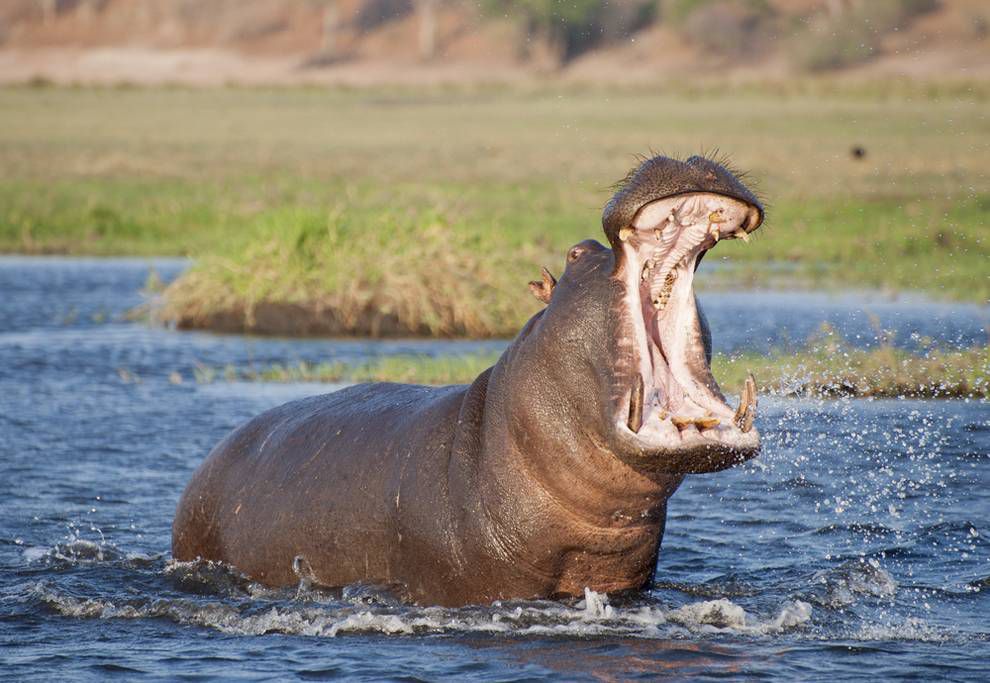Scientists observed a great influx of dead fishes at the Mara River which flows between Kenya and Tanzania in the African continent. This triggered the researchers to find out the reason behind such phenomenon where they found out that hippos living in 62 mile stretch of Mara River were to be blamed. Actually, their feces were the main culprit which caused the death of fishes due to suffocation in their habitat at the downstream of Mara River.
Researchers observed the Mara River for three years where they found out that everytime the water level rises due to heavy rainfall, dead fishes were found in the downstream. According to the study, hippopotamus was to be blamed. During summer when the temperature soars to higher degrees, Hippos relocate to one of the pools in the upstream of the river where they poop. In fact, hippos can poop about 9.3 tons collectively which gives deposited in the river bed. Ecologists further explained how the feces influenced the aquatic life in the latter stage.
The scientists kept a tab on 171 hippo pools on the river locating within the stretch of 62 miles where they sent automated boats to collect sample and conduct required measurements in the pools since hippos are triggered when sighting humans. They found out that when these hippos excrete, it gets deposited in the bed where the bacteria feast on it. They decompose it while using up almost all the oxygen in the water while producing byproducts such as carbon dioxide, methane, hydrogen sulfide, and ammonium where the last two are extremely toxic for aquatic life.
When it rains and the water begins to flush towards downstream, it also transports the still decomposing waste which uses up fresh oxygen when it gets deposited downstream. This causes a chain reaction where the water from oxygen-deficit upstream flows towards the downstream thereby reducing the amount of oxygen while the microbial activity in the downstream further uses up the available oxygen leading to suffocation and that is when fishes die due to temporary hypoxia.
The study which was conducted for three years stated that they documented 55 flushing flows from upstream to downstream where they found out that 49 times, the oxygen level decreases considerably while 13 times, the lack of oxygen resulted in suffocation which further smothered the fishes. According to the scientists, this is a natural process where dead fishes become a food source for crocodiles and birds that enables the ongoing ecosystem. Researchers also found out that since Mara River in Africa has a very low human interference, it has preserved its natural ecosystem, unlike other rivers. This further explains how natural ecosystems could thrive when no human intervention occurs.
